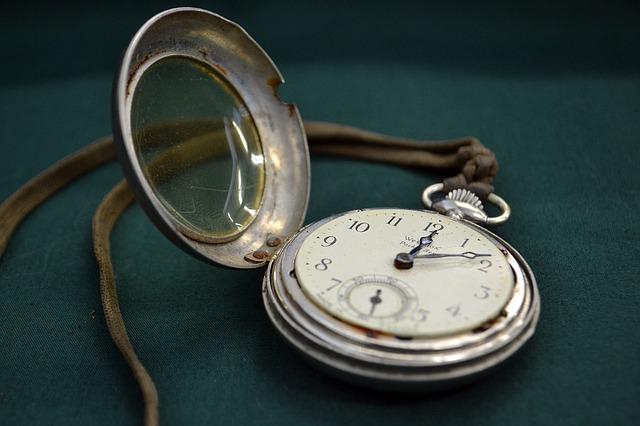
The rumour du jour in defence circles this week is that the planned date for beginning work on the future frigate program has been slipped a couple years, out to 2022. That’s despite a robust defence of the originally mooted 2020 date by the Minister for Defence Industry as recently as three weeks ago. Normally such a slippage would smack of poor project management and raise the spectre of delayed capability delivery to the ADF. But this seems to be a case of prudent engineering fundamentals reasserting themselves.
And it’s not entirely clear that the Department of Defence or Navy would regard this as a setback. A mid-2014 presentation by Navy shows a 2022 start to the build phase (see slide 4). The enthusiasm for a 2020 start seems to have been largely been driven by the politics surrounding workforce considerations down in the Adelaide shipyard, where the Air Warfare Destroyer (AWD) program is winding down and workers are being laid off.
Navy’s 2015 schematic shows the detailed design period extending to the end of 2021. As I’ll explain below, allowing time for careful design work makes sense. In fact, the 2015 slide assumes that the ‘concept, preliminary and detail design’ phase will extend for 7.5 years. From the outside it’s impossible to tell if that timetable’s on track, but there’d have to be a chance that time’s been lost. So even 2022 might result in a compressed process.
But there doesn’t seem to be much downside to a later kick-off, at least from a capability and project management perspective. For a start, the upgrade program to the Anzac frigates is only just winding up, and those vessels are well placed to sail on for a few years yet. So there’s no imperative from a frigate availability point of view. In fact, it will amortise the cost of the upgrade over a few more years of service, making it a more efficient use of taxpayer’s funds.
The more conspiratorially minded among the defence community suspect that the rumoured slip is an effort to play BAE’s Type 26 frigate more firmly into the mix. It’ll probably have that effect, as the other competitors have representative vessels already at sea while the British contender is only just entering production. But I don’t think that’s the main reason. Instead, it’s likely that the realities of the engineering task ahead are sinking in.
None of the competing ships are ‘off-the-shelf’ fits to Australia’s requirement. In fact, there’s probably no such thing, given our stringent maritime regulatory requirements. In the AWD program, changes to meet local regulations led to many changes in the engineering drawings. (See the ANAO’s 2014 report for more detail.) So there’s substantial work to be done to modify foreign designs even if we don’t insist on Australian-unique changes for capability reasons.
And in this case there are most certainly Australian-unique changes that will require rigorous systems engineering work. The indigenous (and very impressive) CEA phased array radar is formally described as a ‘preference’ for the future frigates, but is mandated to all intents and purposes. Given that Minister Pyne has been in Canada spruiking the system to the RCN, it’s not credible that the RAN will get anything else.
None of the three contenders have ever been fitted with that system, and history shows that the required modifications won’t be straightforward. Data from the ANAO and Defence’s own figures show that ‘Australianising’ systems is rarely easy. The CEA radar has been proven on the Anzac frigates, and so might be termed ‘military-off-the-shelf’ (MOTS). And the competing vessels could also be termed MOTS—if somewhat charitably given the likely regulatory changes noted above. But life in defence systems engineering is rarely that simple. Gumley’s second law tells us that MOTS + MOTS ≠ MOTS.
And there’s still some work to be done to sort out what combat system will be fitted to interface between the ships’ sensors and weapons. The Anzacs have the Saab 9LV system, which is very effective. Retaining the CEA/Saab combination would reduce the amount of integration work required. The competition for the combat system comes from the US-sourced Aegis system, which would have the advantage of commonality with the AWDs and with ballistic missile defence. The downside to Aegis would be yet another step of systems integration. Either way, these aren’t things to be rushed. Working slowly and systematically can actually speed things up later (and save money).
There’s a lot more to say about the Future Frigate program, including the pros and cons of each of the contenders. ASPI will air its views on those over the next few months, including the combat system choice. And James Mugg and I will be back on The Strategist next week with some thoughts about the ways in which the government might handle the delay. (Spoiler: a ballistic missile defence capable fourth AWD wouldn’t be silly in the current international environment.) But the rumoured ‘slip’ of a couple of years—if true—actually gives Australia a better chance of delivering an efficient build program when work finally commences.
Correction: a previous version of this post incorrectly dated the Navy presentation slides as early 2015. The error was the author’s.